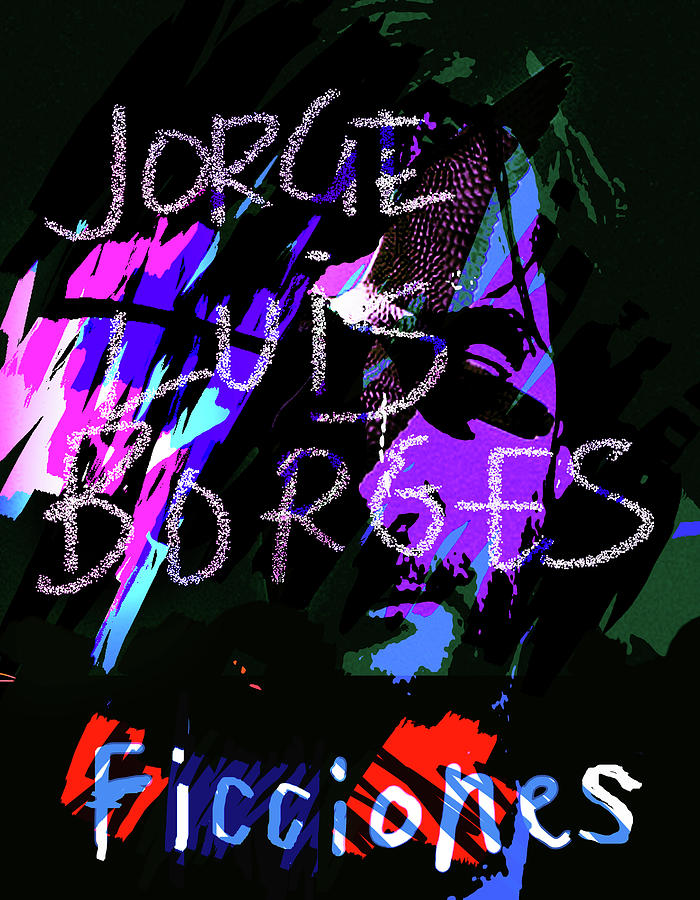
Labyrinths is a collection of his short stories - for which he was most famous - essays, and parables. He uses symbolism and metaphor in ways that will twist your head around. He likes tigers (or jaguars, or leopards). Libraries and books have magical, mythical properties. He extends this idea to memories, to space. He often comes back to the idea of time being only now - the past and the future don't exist. Most of his stories manifest some form of Zeno's paradox. There's a labyrinth of some kind to be found in almost all of his writing. Most of his fiction is considered modernist and/or magical realist (if I'm being vague with terms, it's cause I wasn't a Comp Lit major and all I know of literary theory is what I skim off of Wikipedia), but going through this collection, I found stories that could easily be classified as sci-fi/fantasy as well, albeit with a spin that makes them reminiscent of yet totally different from Borges's early contemporaries like Wells, Lovecraft, and Derleth.īorges has a lot of recurring themes. Highly recommended to anyone who wants their imagination and intellect to be aswarm with philosophical plots, compelling conundrums, and a wealth of real and imagined literary references derived from an infinitely imaginary library.īefore reading this book, I was vaguely aware that Jorge Luis Borges was a big name in Latin American literature, often associated with the "magical realism" school made famous by Gabriel García Márquez, but I had no idea that he was equally an admirer of Edgar Allen Poe and H.G.



Instead, being a librarian and one of the world's most widely read people, he became the leading practitioner of a densely layered imaginistic writing style that has been imitated throughout this century, but has no peer (although Umberto Eco sometimes comes close, especially in Name of the Rose).īorges's stories are redolent with an intelligence, wealth of invention, and a tight, almost mathematically formal style that challenge with mysteries and paradoxes revealed only slowly after several readings. If Jorge Luis Borges had been a computer scientist, he probably would have invented hypertext and the World Wide Web. Inverarity One-line summary: A collection of short stories and other writings by an author woefully unfamiliar in the English-speaking world.


 0 kommentar(er)
0 kommentar(er)
